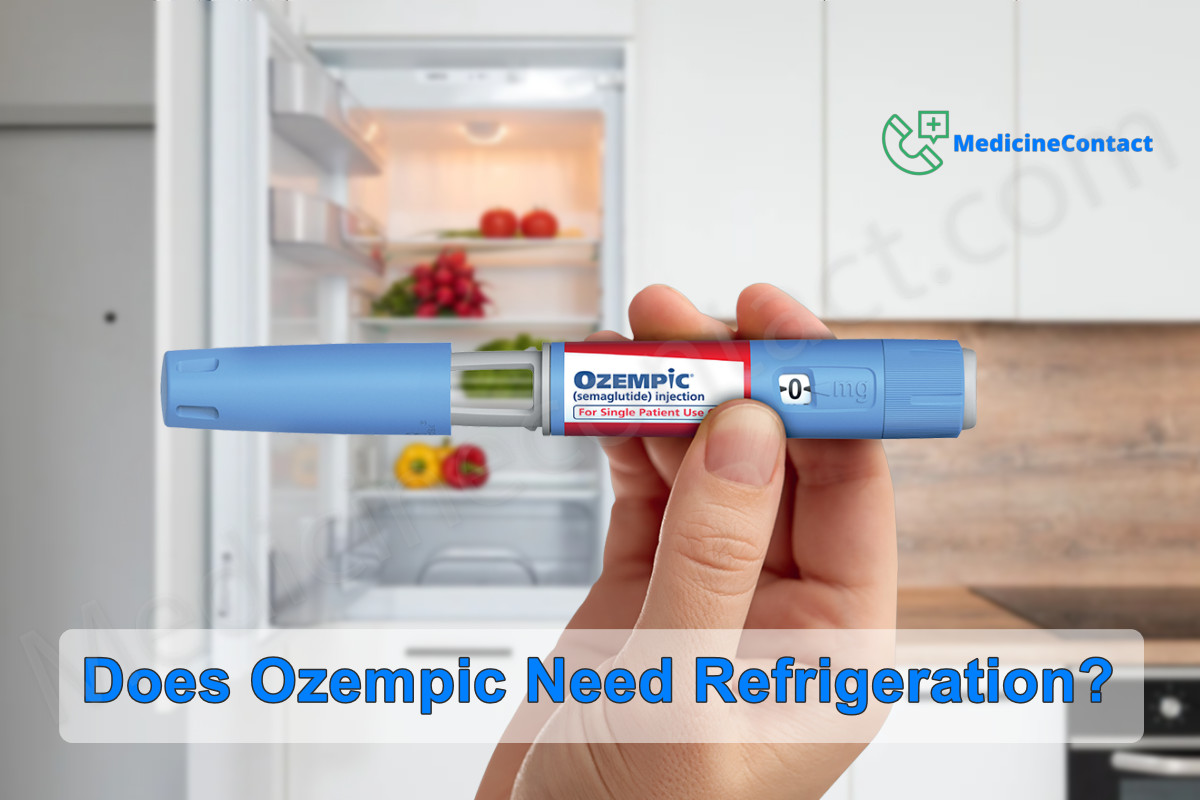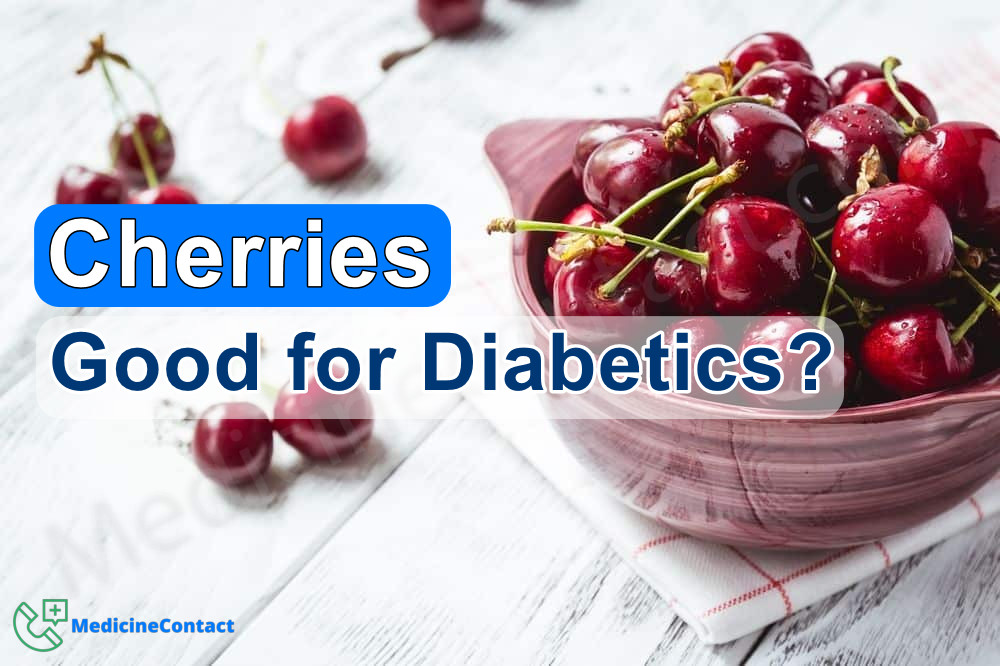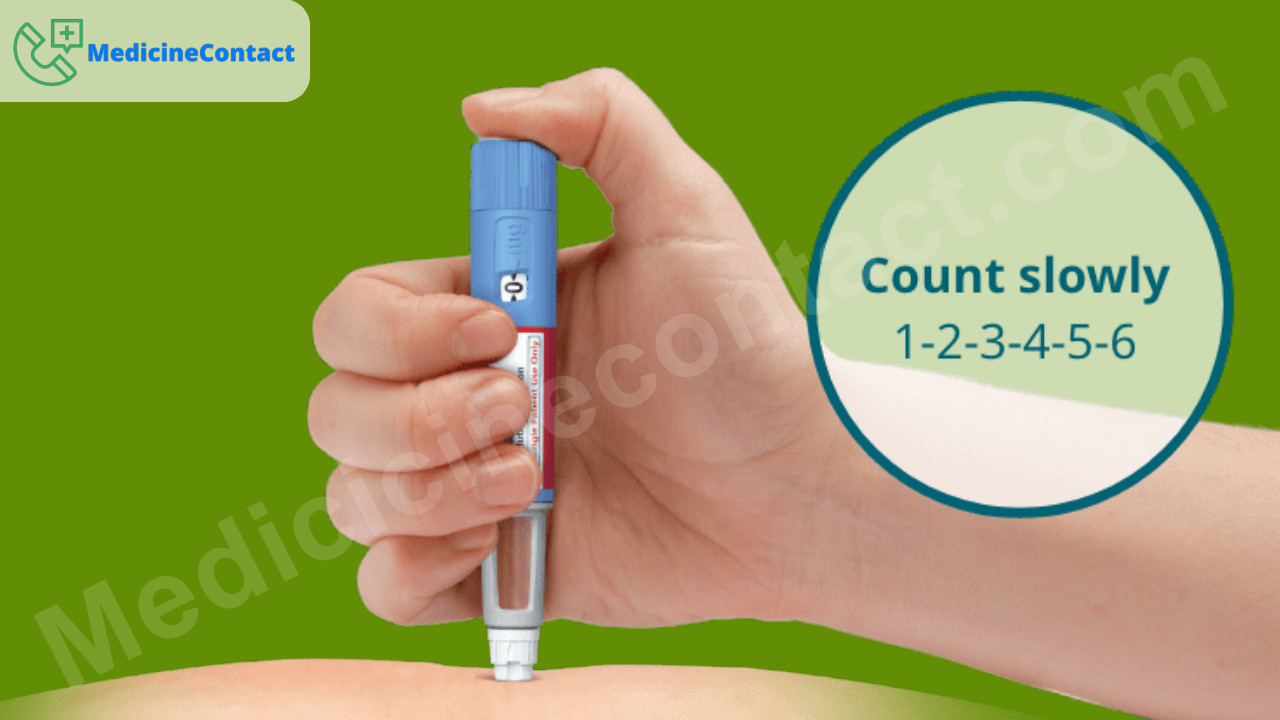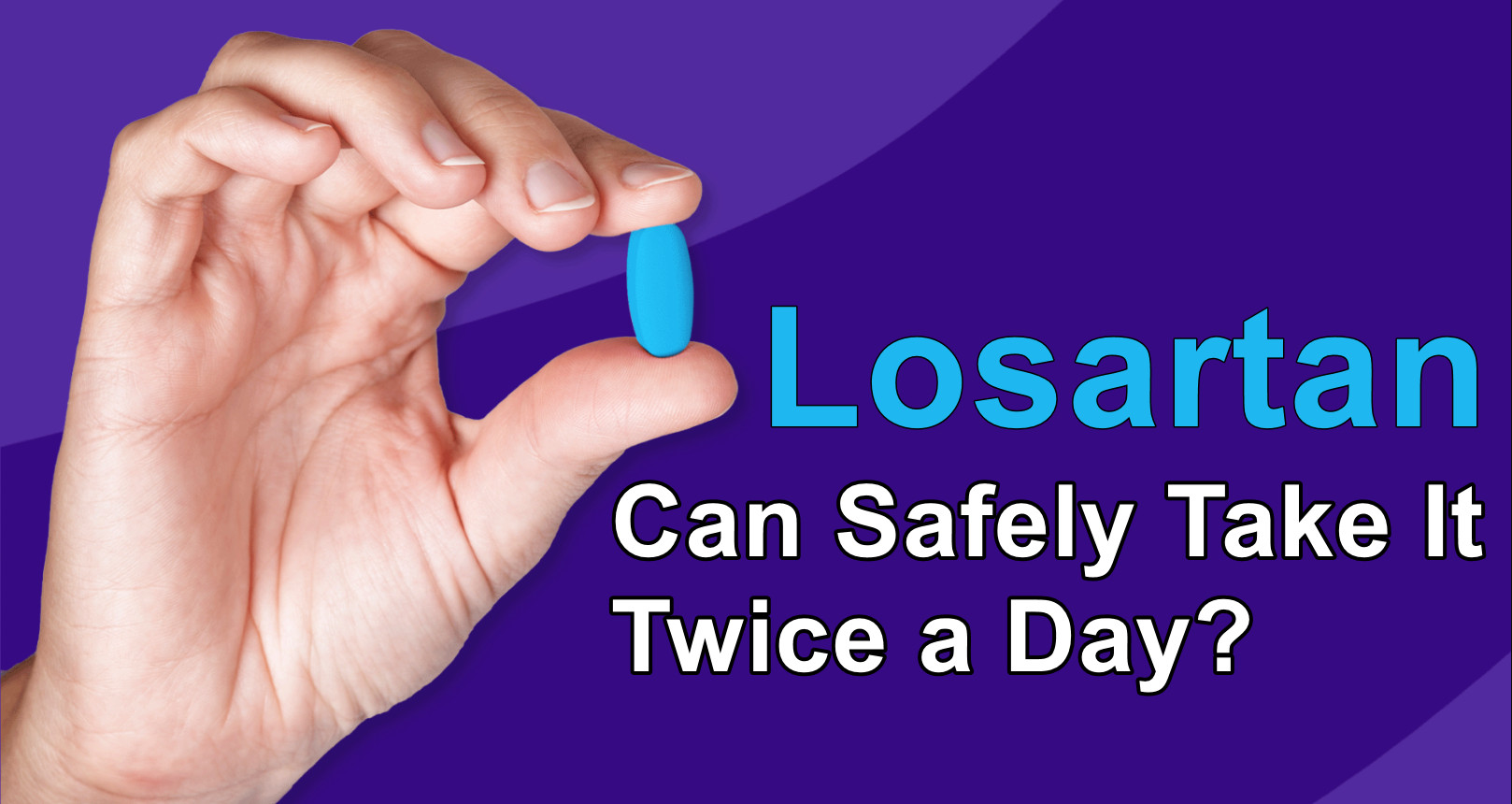Can Ozempic Cause Gallbladder Problems?
Ozempic (semaglutide) is an injectable medication used to improve blood sugar levels in adults with type 2 diabetes. It belongs to a class of drugs called GLP-1 receptor agonists. While Ozempic can be an effective treatment for diabetes, it does come with potential side effects like any medication.
One possible side effect of Ozempic is an increased risk of gallbladder problems. The gallbladder is a small organ located under the liver that stores and releases bile to help digest fats. Gallbladder problems like gallstones, inflammation, infections, and blockages are relatively common, especially in people with diabetes.
How Ozempic May Impact Gallbladder Function
Research shows there are a few ways Ozempic could theoretically increase the risk of gallbladder problems:
- Rapid weight loss - Ozempic often leads to significant weight loss in people with diabetes. Losing a large amount of weight quickly is associated with developing gallstones.
- Impaired gallbladder emptying - Some research shows GLP-1 drugs like Ozempic may impair gallbladder emptying after a meal.
- Increased cholesterol saturation - Ozempic may alter bile composition in a way that increases cholesterol saturation, which raises the risk of gallstones.
However, it’s important to note that large clinical trials on Ozempic did not show a significantly increased risk of gallbladder issues compared to placebo or other diabetes medications. Still, it’s possible Ozempic could contribute to gallbladder problems in some cases.
Signs of Gallbladder Problems
Some common signs and symptoms of gallbladder problems that could occur while taking Ozempic include:
- Pain in the upper right or middle abdomen
- Nausea or vomiting
- Fever
- Yellowing of the skin and eyes (jaundice)
- Clay-colored stools
Gallbladder symptoms may be triggered by eating foods high in fat or calories. The pain can range from mild discomfort to severe pain requiring emergency care.
Who May Be at Risk?
Certain individuals may have an increased risk of Ozempic affecting the gallbladder. Factors that can raise your risk include:
- Rapid weight loss - Losing a significant amount of weight, especially in a short period of time, is the #1 risk factor.
- History of gallstones - If you’ve had gallstones before, you may be more susceptible.
- Age - People over 40 are more likely to have gallbladder problems.
- Female sex - Women are twice as likely as men to develop gallstones.
- Pregnancy - Pregnancy increases the risk due to hormone changes.
- Ethnicity - Hispanic, Native American, and northern European descent increase risk.
- Family history - Gallbladder disease may run in families.
Can Ozempic Cause Gallbladder Removal?
In rare cases, gallbladder problems caused by Ozempic could become severe enough to require surgical removal of the gallbladder. This procedure is called a cholecystectomy.
Gallbladder removal may be necessary if gallstones become lodged in the ducts, the gallbladder becomes inflamed or infected, or galstones prevent the gallbladder from properly emptying.
Symptoms that may lead to gallbladder removal include:
- Severe, persistent pain in the abdomen
- Fever and chills
- Jaundice
- Nausea and vomiting
Gallbladder removal is usually done laparoscopically and has a relatively quick recovery time. Most people can adapt to life without a gallbladder and see minimal dietary changes.
Can You Keep Taking Ozempic After Gallbladder Removal?
In most cases, you can continue taking Ozempic after gallbladder removal surgery once you have recovered. Losing the gallbladder itself should not directly interfere with Ozempic’s effectiveness or absorption.
However, your doctor may adjust the Ozempic dosage after surgery to account for potential changes in digestion. Dietary changes may also be recommended to prevent digestive upset.
Be sure to follow up closely with your healthcare provider after gallbladder surgery to ensure Ozempic continues working properly for blood sugar control.
Ways to Lower Gallbladder Risks with Ozempic
While Ozempic may increase the chance of gallbladder side effects like stones in some users, there are steps you can take to lower your risk:
- Lose weight slowly - Aim for 1-2 lbs per week maximum.
- Follow a low-fat diet - Limit fatty, greasy, and fried foods.
- Increase fiber - Eat more fruits, veggies, whole grains.
- Exercise regularly - Activity helps with weight loss and digestion.
- Stay hydrated - Drink water instead of sweetened beverages.
- Avoid crash diets - Severely restricting calories raises gallstone risk.
Making healthy lifestyle modifications can go a long way towards preventing gallbladder problems, even while taking medications like Ozempic that may increase risk.
Speak With Your Healthcare Provider
If you are concerned about Ozempic affecting your gallbladder, speak with your doctor. They can evaluate your individual risk and recommend steps to help prevent problems.
Be sure to contact your healthcare provider right away if you experience any symptoms of gallbladder issues like abdominal pain, fever, nausea, vomiting, or jaundice.
With close monitoring and attention to side effects, Ozempic can be taken safely even if you have risk factors for gallbladder disease.
The Bottom Line
Ozempic may increase the risk of gallbladder problems like gallstones and cholecystitis in some users, especially those losing significant weight. However, clinical trials did not show a major difference in gallbladder side effects compared to other diabetes medications.
Rapid weight loss seems to be the biggest risk factor for Ozempic affecting the gallbladder. Going slow with weight loss, eating a low-fat diet, and staying hydrated can help minimize the risks.
Gallbladder removal is rarely required due to Ozempic side effects. Most people can continue taking Ozempic after surgery with some dosage adjustments. Contact your doctor right away if you develop any gallbladder symptoms.
With some care and precautions, Ozempic can typically be used safely even if you have gallbladder problems or are at higher risk. Your healthcare provider can advise you on the best approach to balance Ozempic's benefits for blood sugar control with potential gallbladder side effects.
FAQs
Can Ozempic directly cause gallstones?
Ozempic is not thought to directly form gallstones. However, it may contribute to an environment that promotes gallstone development by causing rapid weight loss, impaired gallbladder emptying, and increased cholesterol saturation in bile.
What are the early signs of gallbladder problems with Ozempic?
Early signs may include mild abdominal discomfort, bloating, nausea, loose stools, or intolerance to fatty foods. Pay attention to symptoms that start within the first 2-4 weeks of beginning Ozempic.
Can I stop taking Ozempic if I develop gallstones?
You should not stop taking Ozempic without first consulting your doctor. They can assess your situation and determine if a dosage adjustment or alternate medication may be appropriate.
Is gallbladder removal always necessary if I get gallstones from Ozempic?
No, gallbladder removal is usually only necessary if stones become lodged in ducts, cause blockages, or lead to complications like infection/inflammation. Many gallstones do not require surgery.
Can I continue Ozempic after gallbladder removal surgery?
Yes, in most cases you can restart Ozempic after recovering from cholecystectomy. Your doctor will monitor you closely and may adjust the dosage to account for changes in digestive function.
Disclaimer: This article is for informational purposes only and does not constitute medical advice. Always consult with a healthcare professional before starting any new treatment regimen.




